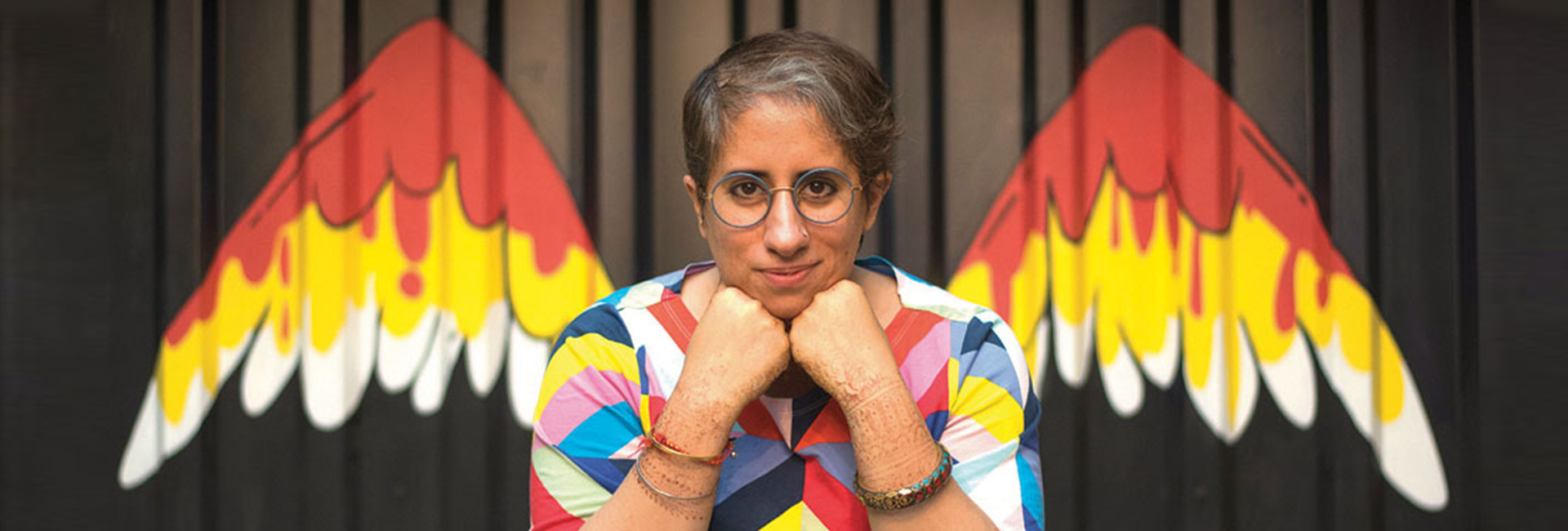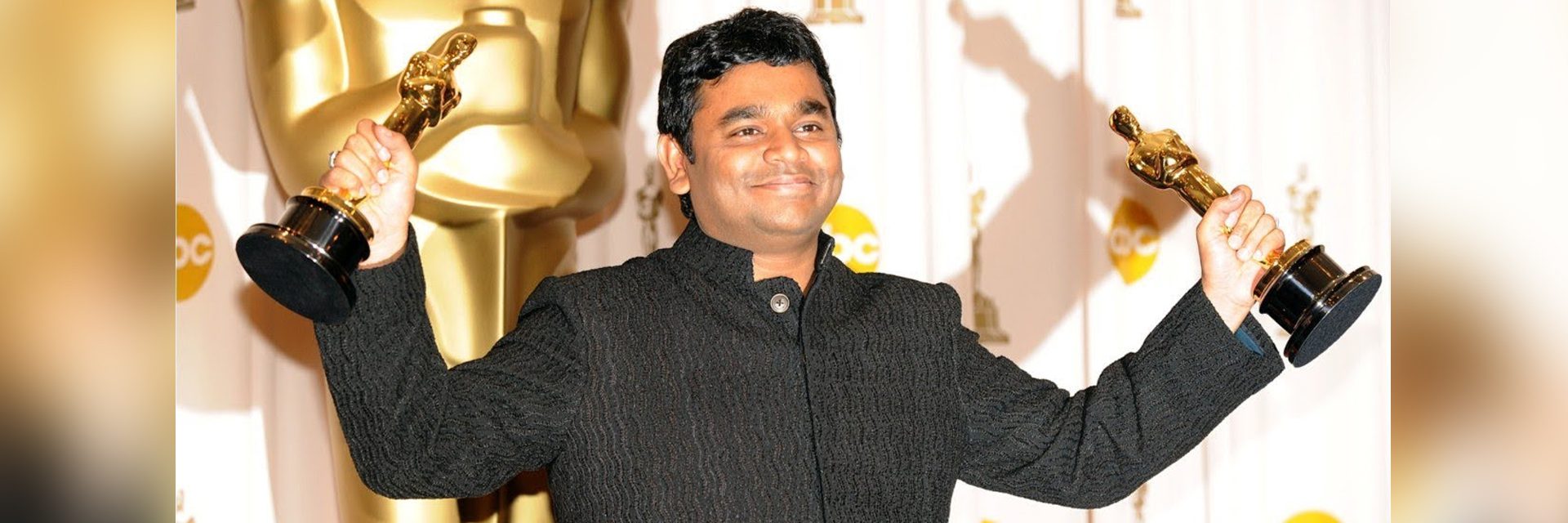(March 14, 2023) About 13 years ago, when her first short film – Kavi – cracked the top five at the 2010 Academy Awards, Guneet Monga didn’t even have the means to travel to the United States of America to attend the event. The filmmaker wrote to various big personalities, including British entrepreneur Richard Branson and Indian tycoon Ratan Tata to sponsor her flight tickets, and got no response. “I used to describe myself as the ‘Pride of India’, asking people for any kind of help to get me into a plane to New York,” the filmmaker shared during a show. However, despite chasing various people and their PRs, Guneet couldn’t seem to be getting any help.
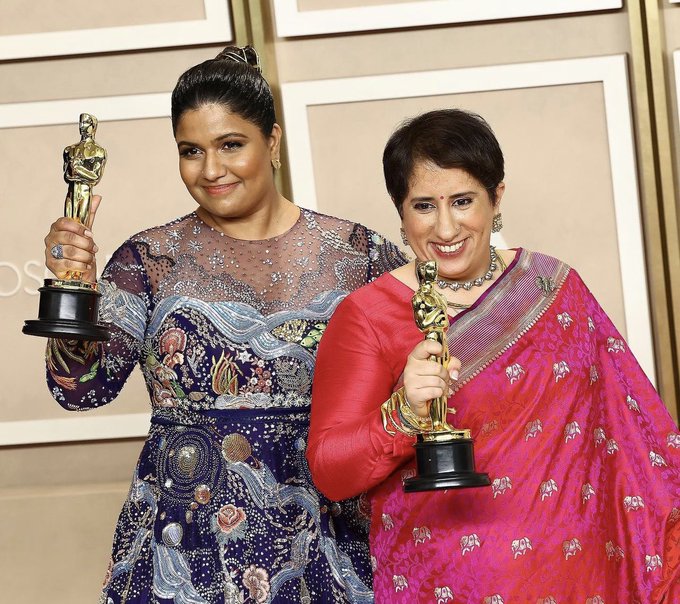
Guneet Monga (right) with Kartiki Gonsalves (left) after winning the Oscars for The Elephant Whisperers
Desperate, she ended up writing to the then-President of India – Prathibha Devisingh Patil – and finally got a call. “I asked if I could show my film to the President, and if she writes an appreciation letter I could ask for a sponsorship from the airline companies for a ticket to the US. There were only three weeks left before the Academy Awards. But it so happened that the President couldn’t see my film, and I was quite vocal about my displeasure. At the Rashtrapati Bhavan, I met Prithviraj Chavan, who was the Union Minister for Science and Technology at the time. He eventually called the CMD of Air India and I along with my team was able to go to my first-ever Oscar event,” the filmmaker shared.
View this post on Instagram
Sure enough, the ‘Pride of India’, Guneet has come a long way, from being a filmmaker who hustled hard to give her films wings to fly, to becoming one of the first producers from India to be inducted in the Academy of Motion Picture Arts and Sciences. The Global Indian, who recently won the 95th Academy Award for The Elephant Whisperer in the Best Documentary Short Film category was also the executive producer of Period. End of Sentence. which won the 2019 Academy Award in the same category.
The girl from Delhi
Her story starts in the lanes of New Delhi, as a young woman who just wanted to enter show business in some capacity. A mass communications graduate from the Guru Gobind Singh Indraprastha University, Guneet hardly knew anything about the industry even when she shifted to Mumbai. In fact, her first independent project was funded by her neighbour, who didn’t know much about filmmaking himself. “He told me he wanted to open a studio where young parents could come for a photo/video shoot of their kids,” the filmmaker shared. She didn’t like the idea one bit but had something better to offer. She said, “He wanted to put about ₹50,00,000 in this business. So I told him, ‘Why don’t you give me the money and I will go to Mumbai to make a good film for you?’ And he agreed.” While it all seems pretty easy, Guneet’s journey ahead was not a cakewalk.

Guneet also won the Oscar’s Period. End of Sentence. (2019)
Just 21, without much experience and alone in a big city like Mumbai, the filmmaker found it quite difficult to start working on her ambitions. “I didn’t know much about this business. So, I would just meet anybody and tell them that I had ₹5 million to make a film and ask if they had a story for it. About half of Mumbai knew that a 21-year-old girl has come from Delhi with pachaas lakh rupay,” she laughed, adding, “Eventually I met director Subhash Kapoor, and we made Say Salaam India, which was a children’s cricket film released on the day India lost the World Cup.”
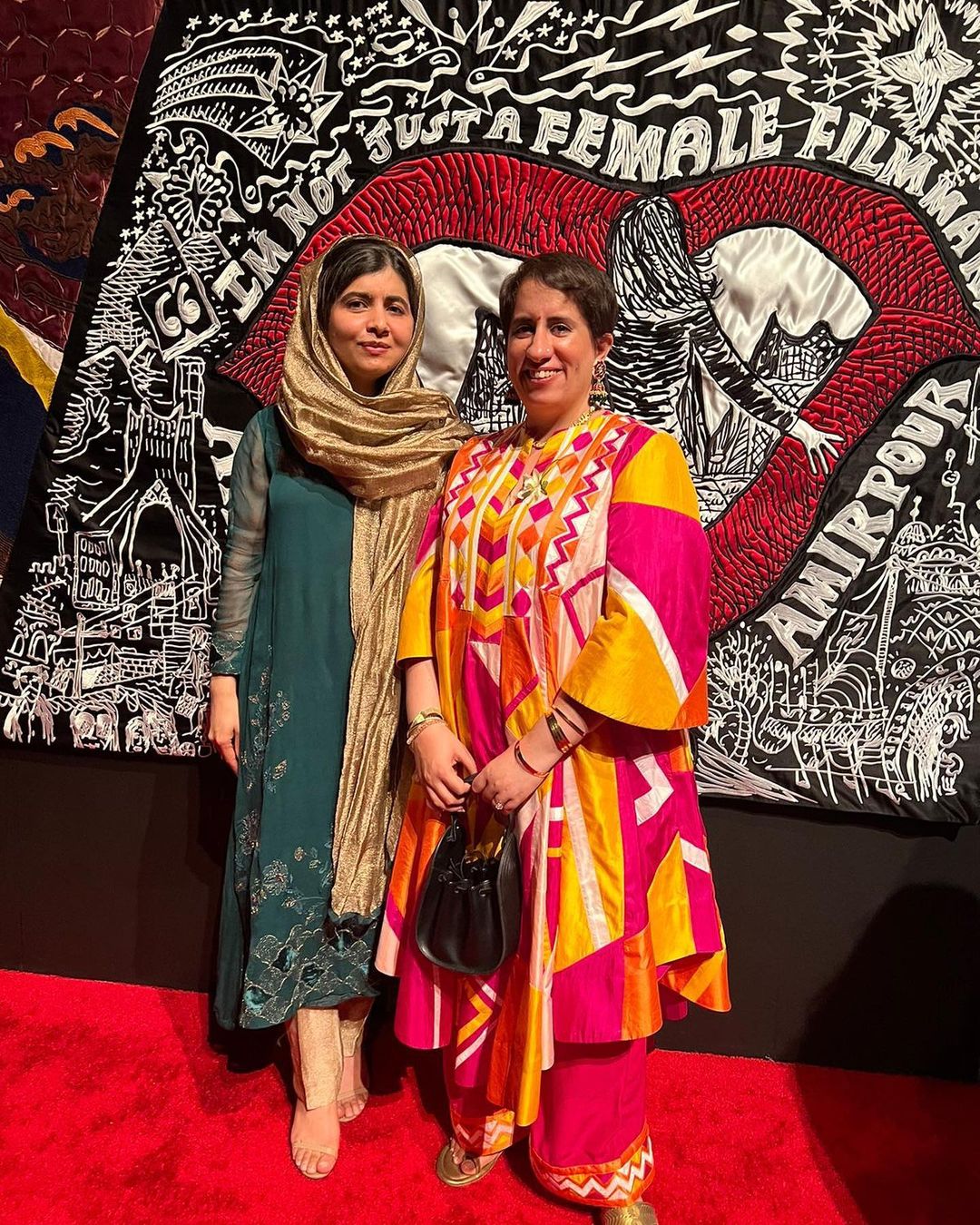
Guneet with Nobel Peace Prize winner, Malala Yousafzai, at the Oscar Screening, 2023
Around the same time, while she was producing her first film in 2007, Guneet lost her father which affected her deeply. “My mother and I launched Sikhya in 2008 and I lost both my parents that same year. I was not inspired to run a company anymore, so I threw myself into a string of production jobs. I met Anurag Kashyap and worked with him for five-six years,” the filmmaker shared.
From Mumbai to the Oscars
Learning and growing, Guneet went on to produce some marvellous gems of Bollywood, including Rang Rasiya (2008), Dasvidaniya (2008), and Once Upon a Time in Mumbaai (2010). Eventually, the filmmaker struck gold with the 2012 indie movie The Lunchbox, which was produced under her banner and starred Irrfan Khan, Nimrat Kaur, and Nawazuddin Siddiqui. The movie was selected for the International Critics’ Week and a midnight screening at the 2013 Cannes Film Festival, with The Hollywood Reporter, calling her the “most prolific producer of a new wave of cinema”.

Guneet with the team of The Lunchbox at Cannes Film Festival, 2013
A hustler, Guneet raised nearly ₹10 million for her next production, Peddlers, by posting the film’s script on Facebook. The movie was selected at the International Critics’ Week, won rave reviews, and opened new markets for Indian Cinema. “I do not mind hustling for a movie. I once knocked on the door of American filmmaker, Martin Scorsese, uninvited, to promote Gangs of Wasseypur. I gave the DVD of the film to the person who opened the door, wrote my email id on the back of it and gave it to him. About six months later I received an appreciation mail from Scorsese.” the filmmaker shared, adding, “I have so many stories where I approached big movie names just to promote my film. I once crashed a dinner of Quentin Tarantino at a film festival and told him about a movie of mine that had just been released. I found a chair and self-invited myself to that dinner party. I am okay to do anything to promote a first-time filmmaker.”
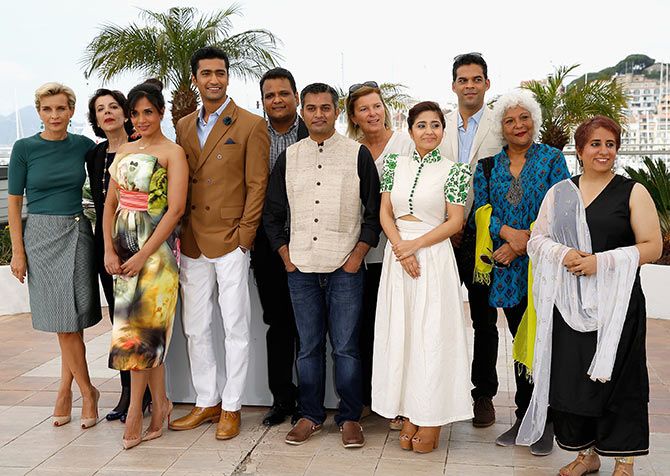
Guneet (extreme right) with the team of Masaan at the Cannes Film Festival, 2015
In 2015, another movie of Guneet’s, Masaan was screened in the Un Certain Regard section at the Cannes Film Festival winning two awards and putting her in the international movie fraternity’s spotlight. About four years later, the filmmaker co-produced Period. End of Sentence., which followed a group of local women in Hapur, as they learn how to operate a machine that makes low-cost, biodegradable sanitary pads, which they sell to other women at affordable prices. The movie won Academy Award for Best Documentary (Short Subject) at the 91st Academy Awards.

Guneet received the second highest civilian French honour in 2021
In 2021, Guneet was conferred with the Chevalier dans l’Ordre des Arts et des Lettres by the French Government. Focussed on promoting female filmmakers and women-centric movies, Guneet is all for pushing barriers and breaking stereotypes. “I am deeply focused on working with female directors. If not female directors, the most important part of my story has been forwarding female stories in my work. Everything that I lean into as a filmmaker is forwarding a female case. If producers give more backing that is definitely going to change and that is exactly what I am trying to back – the works of good independent woman filmmakers,” she shared during an interview.

